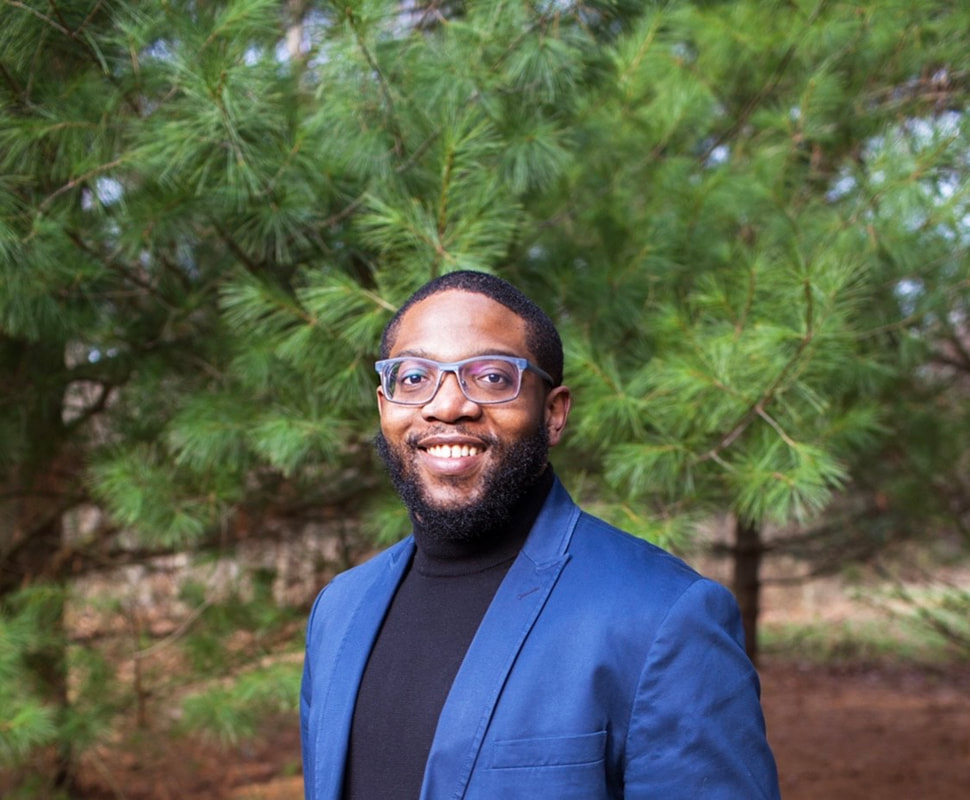Jason Harris
Editorial Mentorship Letter
I had the opportunity to listen to Athena Dixon read from her book, The Loneliness Files, at the inaugural Plum City Reading Series hosted by Literary Cleveland. I sat front row with a hoodie on and a pack of Skittles in my pocket. When Dixon took the podium I picked up my copy of The Loneliness Files and followed along as she read to us a story about Joyce Carol Vincent. Joyce Carol Vincent died in front of her TV. Joyce Carol Vincent would not be found for another three years. It made me want to cry, thinking about dying and not being found for three years. I learned that night that the type of death Joyce Carol Vincent died is called a lonely death. Since that night I think regularly to myself (especially now after having become a father): How do I want to be found when I die? And by whom? And after how long? How do I want to die?
These questions lingered in my mind as I read Happy Birthday, a fragmented and multidisciplinary essay by Hannah Hutchinson Clarke – who I had the opportunity to learn with, and from, during a class I taught for Literary Cleveland over a year ago. Over a year ago, Hannah and I met once a week for four weeks to talk about writing and editing and how best to move a piece of writing forward even after we think we’ve finished writing it. So when I realized, after sending an acceptance email and reviewing the writer’s name attached to the Happy Birthday submission in GSR’s queue, I was excited to have a chance to talk about Hannah’s experience writing and editing and moving Happy Birthday forward. I was excited, again, to learn with, and from, Hannah.
What I love about Happy Birthday is that it is a narrative that ripples; the deaths and the illnesses and the birthdays, too, ripple. Through Hannah, I felt close to – and a kind of warmth and friendliness toward – Melo and Buff and Unky and W.N. So much so that I felt it necessary to dedicate GSR’s thirteenth issue to Melo and Buff and Unky and W.N.
I still remember, thinking back to over a year ago, when Hannah’s mother – in the flesh – was alive and moving (as she still is today) in the background of our class that was held on Zoom. Then, like in this fragmented and multidisciplinary essay, Hannah’s tenderness towards her mother and herself was unmatched. It is my hope that Happy Birthday gestures toward the individual stories of our lives, how vibrant they can be, how they continue to breathe life into the living – even in the midst of grief, of being found (three years later) dead before a TV set.
These questions lingered in my mind as I read Happy Birthday, a fragmented and multidisciplinary essay by Hannah Hutchinson Clarke – who I had the opportunity to learn with, and from, during a class I taught for Literary Cleveland over a year ago. Over a year ago, Hannah and I met once a week for four weeks to talk about writing and editing and how best to move a piece of writing forward even after we think we’ve finished writing it. So when I realized, after sending an acceptance email and reviewing the writer’s name attached to the Happy Birthday submission in GSR’s queue, I was excited to have a chance to talk about Hannah’s experience writing and editing and moving Happy Birthday forward. I was excited, again, to learn with, and from, Hannah.
What I love about Happy Birthday is that it is a narrative that ripples; the deaths and the illnesses and the birthdays, too, ripple. Through Hannah, I felt close to – and a kind of warmth and friendliness toward – Melo and Buff and Unky and W.N. So much so that I felt it necessary to dedicate GSR’s thirteenth issue to Melo and Buff and Unky and W.N.
I still remember, thinking back to over a year ago, when Hannah’s mother – in the flesh – was alive and moving (as she still is today) in the background of our class that was held on Zoom. Then, like in this fragmented and multidisciplinary essay, Hannah’s tenderness towards her mother and herself was unmatched. It is my hope that Happy Birthday gestures toward the individual stories of our lives, how vibrant they can be, how they continue to breathe life into the living – even in the midst of grief, of being found (three years later) dead before a TV set.



